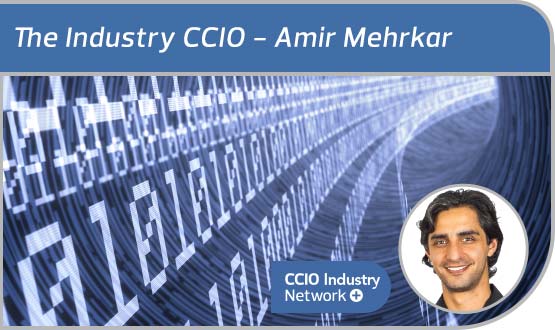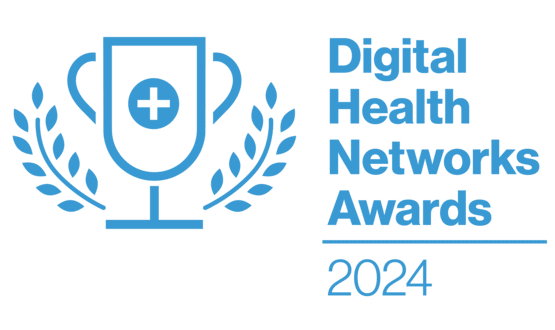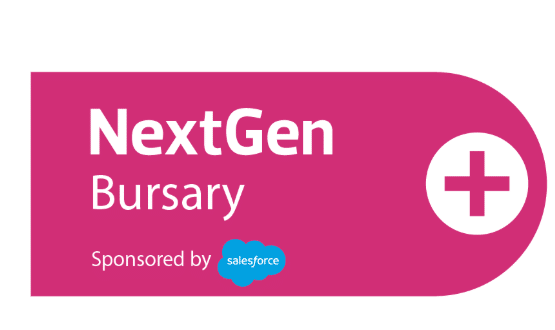The industry CCIO: Amir Mehrkar
- 30 June 2016

Towards the end of last year, Dr Amir Mehrkar reflected on his ambitions to make a difference in healthcare. Juggling four part time roles – including chief clinical officer for the Hampshire Health Record – he started to feel that he could perhaps achieve more with a presence outside the NHS.
The feeling crystallised after he read three books; ‘How Google Works’, ‘Thinking, Fast and Slow’ and ‘Talk like TED’. He spoke about his restlessness with a few colleagues and one suggested he give Orion Health a call. He did, and pretty quickly became the company’s first chief clinical information officer for the EMEA region.
A CCIO in a different environment
Speaking nine months later, Mehrkar says he is still trying to define for himself what it means to be a CCIO in a corporate environment. But he has no regrets about his move.
Some of his colleagues had warned him that he might lose his “free thinking” ways, but Mehrkar says that if anything he feels energised. “There is this real buzz and vision,” he says. “I haven’t stopped learning since I moved to Orion Health.”
Too often, there is a wariness within the NHS when it comes to forming relationship with IT suppliers, he adds. “There seems to be this division of thinking; that we have to be careful with the corporate world because they might divert funds away from the NHS, but many of the key components of the health IT system are not made by the NHS.”
Headquartered in New Zealand, Orion Health is an international company, with more than 1,200 employees in 24 offices across 15 countries. Its software products are sold not only to the NHS, but to healthcare providers everywhere.
Working out where the CCIO function best adds value inside that structure has been an evolving process, but Mehrkar says he sees his role primarily as an advocate, both for what clinicians and patients need from digital heath products.
“As a clinician working in the corporate world, it might be perceived sometimes that there are conflicts of interest. However, as an industry CCIO you need to develop the role of being a trusted 'critical friend' and advisor with colleagues in all the functions, particularly in product development.”
His first few months were spent visiting clinicians and patients, listening to their feedback and trying to get a clearer idea of what technology solutions they really need.
For instance, he retains his scepticism of video consultations. These are popular with politicians and policy makers, and have a certain appeal.
But he argues they don’t add much value for GPs or patients over phone, face to face consulttions or messaging capability; although in mental health seeing people's interaction, behaviour and self care can be valuable. “It is about having that clinical conversation first.”
One foot still in the NHS camp
Mehrkar continues to work as a GP in addition to his new role – something he says helps to keep him grounded, connected to clinicians and patients, and aware of what works and doesn’t work IT-wise for them. “If you don’t stay grounded, you lose the reality of what is happening at the coalface,” he reasons.
That focus on clinical engagement chimes in well with what’s emerging from a lot of the soul searching about health IT in the NHS, and what has been holding it back.
During the NHS Confederation’s annual conference in June, Professor Robert Wachter, the ‘Digital Doctor’ from the US, said his upcoming review of NHS IT would single out clinical leadership as “essential” to both the successful deployment of IT and to getting it used effectively.
A big increase in CCIO numbers and in the professionalism of those in post is likely to follow when the review is launched in September.
Still championing interoperability and open standards
Orion Health is also a good fit for other interests that Mehrkar has championed for some time. Its products are very much focused on interoperability; centred around an open platform that links a multitude of systems together.
Interoperability was a big part of Mehrkar’s job at the Hampshire Health Record. The record there was built by drawing together care encounters, GP diagnoses, blood and radiology results, current medication, allergies, clinic letters, discharge information, and some social care information on a shared care record technology platform.
Mehrkar has also been outspoken about the perils of siloed of healthcare records, and conversely the value of free flowing information. In July last year, before moving to Orion Health, he was blunt about suppliers who didn’t work co-operatively with others.
“The days of the supplier lock in are coming to an end and they realise that. Anyone not prioritising health and care needs will struggle,” he told Digital Heath News.
At Orion Health, he has continued to champion improved inoperability, as one of the founders of the supplied-led INTEROpen group founded earlier this year.
The group – which includes Orion Health and a host of other suppliers such as Black Pear Software, Cerner, Emis Health, Endeavour Health Charitable Trust, IMS Maxims, InterSystems and TPP – was formed to support open standards for the “exchange of data across healthcare through the adoption of open standards” and he has actively encouraged other suppliers to join.
Mehrkar also sits on the board of the Code4Health Interoperability Community, set up to create “a common and open set of APIs to support information sharing across health and care.”
He believes that healthcare in the UK is lagging behind on the software front compared with other sectors, particularly when it comes to implementing standards, and needed to play catch-up.
Part of this was down to the sheer complexity of health data, its sensitivity, and the high stakes of managing that information properly.
However, with the NHS facing a financial crisis, and patients increasingly ready to take more control of their health information, the focus needs to shift rapidly, he says.
“There’s a new model and it’s not about the data being in your system, it’s about what you do with that data, allowing you to take your patients and care ecosystem from population health all the way back down to the individual by ushering in the era of precision medicine.”




